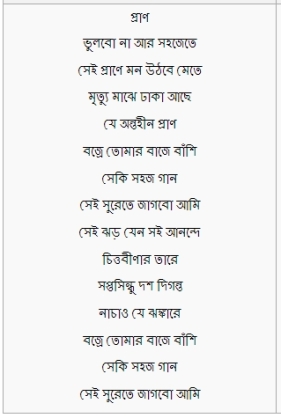 The internet is incredible in every sense of that word, defined variously as “so implausible as to elicit disbelief; not credible; astonishing, extraordinary; surpassing the possibility of belief as to what is possible; unimaginable; inconceivable; too extraordinary and improbable to admit of belief; marvelous; fabulous; amazing; awe-inspiring; profoundly affecting” etc.
The internet is incredible in every sense of that word, defined variously as “so implausible as to elicit disbelief; not credible; astonishing, extraordinary; surpassing the possibility of belief as to what is possible; unimaginable; inconceivable; too extraordinary and improbable to admit of belief; marvelous; fabulous; amazing; awe-inspiring; profoundly affecting” etc.
But of course the internet is not literally incredible today — because it actually exists and therefore is not a matter of belief. However just a few decades ago it would have been incredible in the literal sense of the word. If someone had claimed as recently as the mid-1980s that in a few decades the average human would be carrying in his hands a device (costing a couple of hundred $$) which would be more powerful than the existing supercomputers (which cost hundreds of millions of $$), and that he would have access to a vast store of audio, video, text and graphics information, and have the ability to communicate with billions of others in an instant for practically zero (marginal) cost, that someone would have been considered slightly nutty, if not outright delusional. The revolution in computing and communications technologies have transformed the world beyond anyone’s imagination. Continue reading “Kurzgesagt – In a Nutshell”

